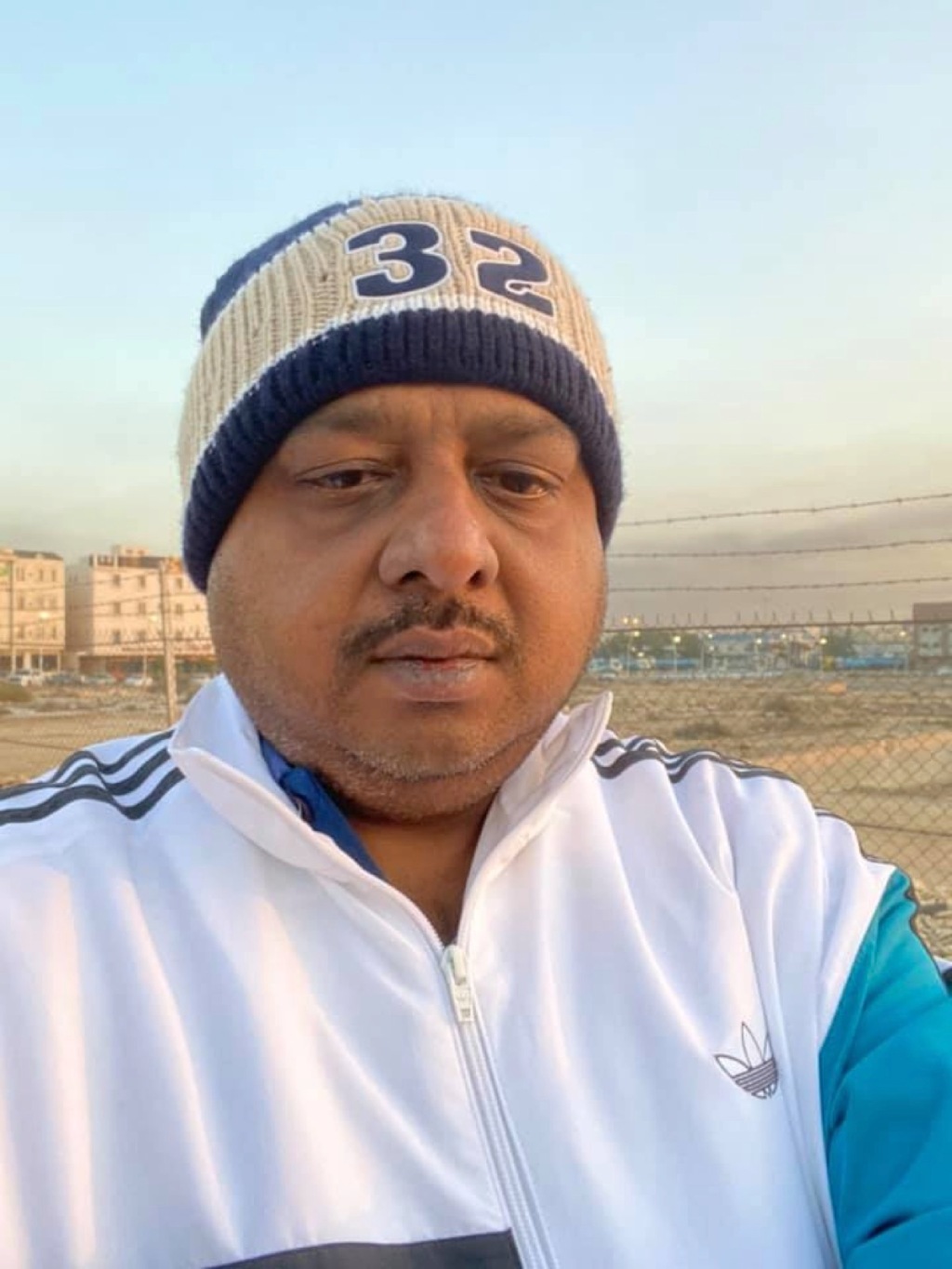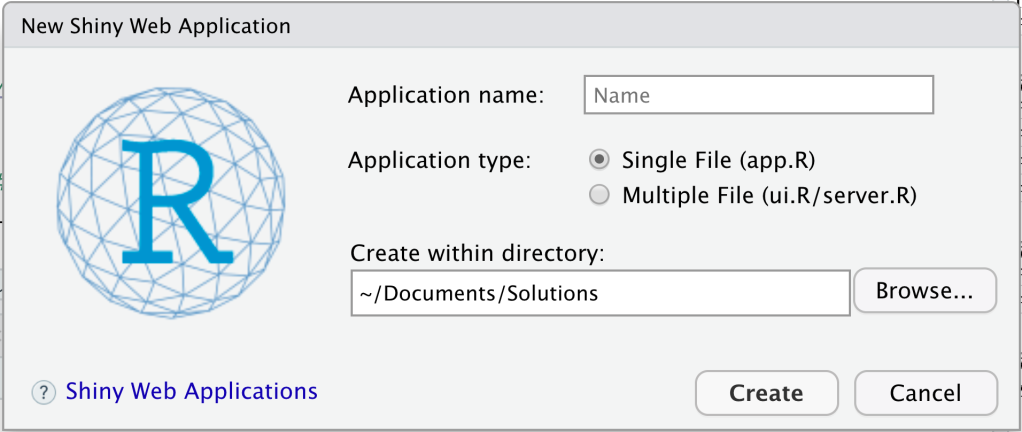Over the years as I have grown old, I have come to understand that it is very vital to respect the age-old knowledge transferred to us by the earlier generations and by our parents, teachers and elders. I greatly like our Indian culture for respecting our elders and never addressing them by name and bowing down to touch their feet seeking their blessings. At the same time, it is also important to challenge this traditional knowledge and revalidate the same using the scientific progress that the world has undergone. I feel that this is vital because when it comes to matters of the world, there is still no absolute knowledge available with anyone. All the theories and postulates are based on certain assumptions and observations over a finite period. As long as assumptions remain a part of a theory, it is not absolute knowledge and thus should be validated from time to time when more and more assumptions are removed from our formulations.
Undocumented Knowledge
My Nigerian fellow student apprised us that there is a lot of traditional knowledge in his country that is not documented. This knowledge is handed down from generation to generation by word of mouth.
I think the Nigerians are very fortunate people that not much of their past has been documented. So, all the knowledge available with their people must be most authentic, as all people must have understood the spirit of what was passed on by their ancestors. Such knowledge must be most unadulterated, as it has not been subjected to interpretation, which cannot be avoided when any knowledge is documented. During documentation, the real knowledge is interpreted by the documenter and thus cannot consider the holistic opinion and spirit of the real thought process.
Most of the malpractices in the Hindu society are due to such loss during documentation. It is clear that the documenters to help a small part of the society intentionally did some of misinterpretation. However, even if we give most benefit of doubt to the documenters, we cannot avoid considering that they were after all humans and not GODs.
Reference Material
I have this challenge to include references in my writing. I have to develop this skill, as it is a requirement of our program. The present situation is because I rely more on what I have experienced. I have done a fair bit of reading books and continue to do so. However, there are certain subjects and/or topics, which I have experimented and found good proof of what I think. These conclusions will not hold forever as the World is in constant motion and thus the parameters keep changing not allowing for any formulation to last forever. This is even possibly true for age-old theories like Newton’s Laws of Motion.
However, references are important in my opinion for 2 reasons.
- The only way to enhance knowledge is to read more and more. The more diverse the amount of knowledge collected by any person, the more chances of his/her inferences being correct. Also, the only way to prove that one has read is to attach references to what has been read. This allows the others to understand what is the bloke we are talking to and what is the depth of his understanding of the subject.
- Having a historical context is very vital to knowledge. It is utterly impossible to create or engineer something of lasting value if the history is not taken into consideration. This helps in not repeating the mistakes of the past and reduces effort by not doing things, which reinvent the wheel.
Credit for Knowledge
I liked the frankness of my fellow student from Ghana in putting forward the point that it is common practice that in any work environment, a superior (or anyone else) may slightly modify other’s content and claim it to be his/her own and take credit for the same. This demotivates the real creator and there are many cases (in our country and within my purview of direct experience) that such people have been destroyed as a result of such practices.
However, I have resorted to our Hindu philosophy to counter this situation. Our Hindu philosophy states that “Just do your work and do not bother about the result”. Well, if it is practical or not, I do not know. However, this is an ideal way to keep oneself happy. I work with absolutely no inhibitions or fear. I am least bothered whether someone is using my stuff and making money with it or gathering credits for it. I have gone through life where I had lost everything and then again went through a phase of life where I got back much more than what I had lost. So, for me, it is always The Almighty, constantly and consistently, taking care of me through all phases of my life. Today, I am least bothered about my appraisals and results given by Humans. I definitely feel very honoured when someone appreciates me and when someone gives me credit for something. However, I am only preparing for the day, when I will sit in the appraisal session with the Lord Almighty. I should not fail on that day.
Ensuring Credit for Knowledge
My fellow student from Spain emphasizes that when we have any critical content, we should sent it to the boss and send a copy to the boss of one’s boss.
This could be an approach. However, does it not ultimately lead to break in trust between the boss and the subordinate? Is that desirable for the team? Also, is it not a form of insubordination?
Do we not need considering a bigger picture? That is whether my work is actually producing results for the team. Even bigger consideration is whether it is being useful for my organisation. I believe that if my organisation and my team succeeds, I automatically succeed. It is actually true for me as I get the largest bonus if my company and my department do well.
Validating Authenticity of Knowledge Gained
At our University, a tool called Turnitin is used to check the originality of the material we send as assignments. I think that tools like Turnitin are great innovation. This will greatly add to actually producing quality students and not create just degree holders. It is no secret that most of the academics in India (at least) is conducted by students for just getting good grades. With the huge population that all of us have to deal with from our childhood, such practices are the easiest to adapt to be able to survive. This results in creation of Engineers and Doctors and other professionals who actually hold a degree and are not actually educated (We should not forget that India also produces a huge number of geniuses who contribute enormously to the world at large, not just India). This is huge challenge for the society as we have vast population that looks to this class of degree holders as DEMI GODS and believe them blindly.
Ensuring the originality of contents by institutions will minimise the chance that the students just find out contents from Google and paste it to pass the examinations and get the degree. These tools should force the student to produce artefacts using his/her head and thus make sure some knowledge is definitely gained during the process of education.






Request you to kindly leave a reply.